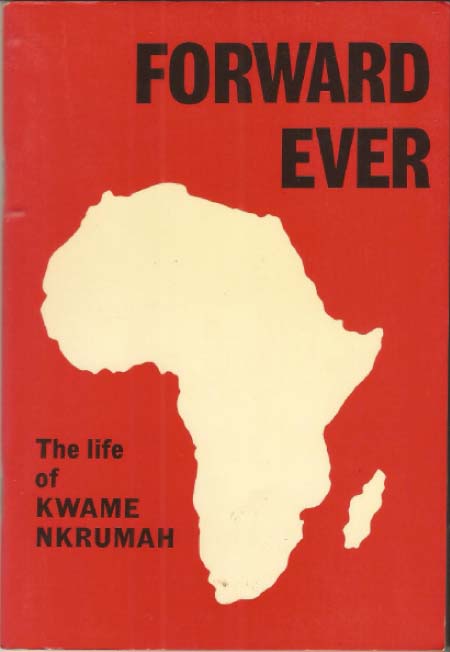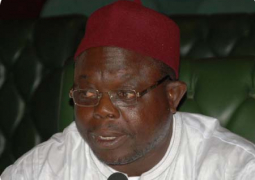
Forward
Ever: The Life of Kwame Nkrumah, PANAF Books, 80 pages.
This
is the fourth book we wish our readers to buy and read.
This
book is a summary of the illustrious life of Nkrumah who ruled Ghana from 1957
to 1966. Nkrumah remains one of the most written about African leaders; tons of
books and manuscripts, miles of reels and decibels of sound clips have been
made on him. Yet, it is not easy to exhaust his years in power. Even more
interesting is his 15 years as leader of Ghana, the country he helped to
liberate from British rule.
The
purpose of this book is to provide an introduction to the life and work of
Nkrumah suitable for use in schools and colleges. Set within the context of
Pan-Africans the book covers the whole period of Nkrumah’s life from childhood
through to his death in Romania hospital on 27 April 1972.
The
book is divided into 11 chapters in chronological order detailing the life of
Nkrumah. His childhood is discussed in the first 3 chapters, his student days
in US are dissected in the middle chapters, his return to Ghana to lead the
struggle for independence are discussed in chapters 7 and 8, and in chapter 9,
10, we see his steadfast work as leader of Ghana. His gloomy days in exile in
Guinea are discussed in the last chapter. There is an important timeline at the
back of the book detailing some key dates in Ghana history as they relate to
Nkrumah.
There
are rare pictures in the book showing for example, Nkrumah with his mother; on
Ghana Independence Day 1957; his first cabinet, his development projects like
the great Aksosombo Dam, Tema Harbour and port and his exile home in Conakry,
Villa Sylli.
Like
many of the founding fathers of African countries, Nkrumah made many mistakes.
But reading this book, it is obvious that these mistakes were not deliberate;
rather, they were made because of the hostile circumstances created by the
imperialist powers who were prepared to do anything to get him out of power
because he exposed and opposed their neo-colonial machinations and subterfuge.
The
west feared him. So they fought to remove him. His strides were numerous; he
helped to put Ghana firmly on the pedestal of hope and progress. Nkrumah of
Ghana and of Africa; he led Ghana but was seen as a beacon of hope by all black
peoples because he stood for the interest of the African man and woman.
African
youth will gain a lot of motivation and courage by reading a book such as this,
which is accessible in simple, easy flowing English and well illustrated.
I
strongly recommend it to the general reading public and to students of African
history.
Available
at Timbooktoo.Tel:4494345


